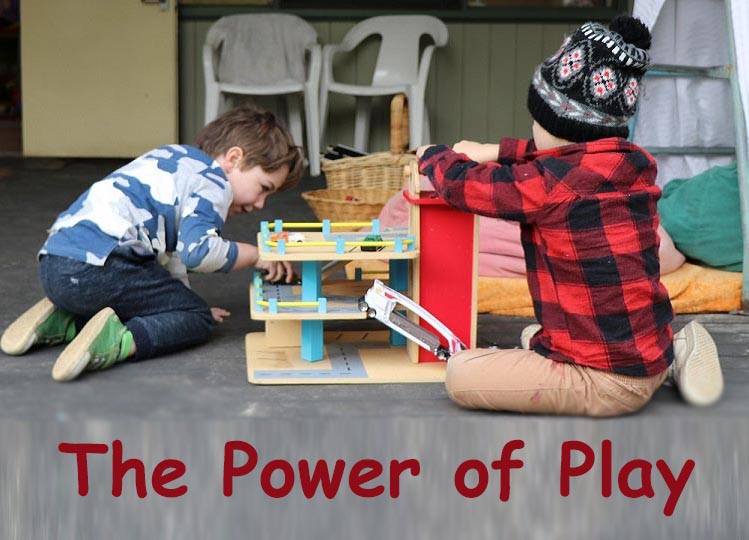Teaching elementary music?
Want a tip that will inform you about the minds and habits of children?
Stay out of the way and watch them play.
At recess, on the playground, in the art room, with simple instruments, in the kindergarten or pre-K room.
See how they interact, how they get along with each other, how they use their fingers, how they spontaneously interact or sing.
Take note of their vocabulary and how you can take it to the next place.
What makes them smile or laugh?
When are they loud? When do they whisper?
When do they pause . . . . and think?
The smartest thing you can do before you plan a lesson is know where your students are. Only then can you plot how to take them further down the road.
Playing will show you exactly where your students are.
They are most dynamic when engaged in play and social interaction.
Capitalize on that.
And if you play your cards right, they might even invite you to play music with them.
Want a tip that will inform you about the minds and habits of children?
Stay out of the way and watch them play.
At recess, on the playground, in the art room, with simple instruments, in the kindergarten or pre-K room.
See how they interact, how they get along with each other, how they use their fingers, how they spontaneously interact or sing.
Take note of their vocabulary and how you can take it to the next place.
What makes them smile or laugh?
When are they loud? When do they whisper?
When do they pause . . . . and think?
The smartest thing you can do before you plan a lesson is know where your students are. Only then can you plot how to take them further down the road.
Playing will show you exactly where your students are.
They are most dynamic when engaged in play and social interaction.
Capitalize on that.
And if you play your cards right, they might even invite you to play music with them.

 RSS Feed
RSS Feed